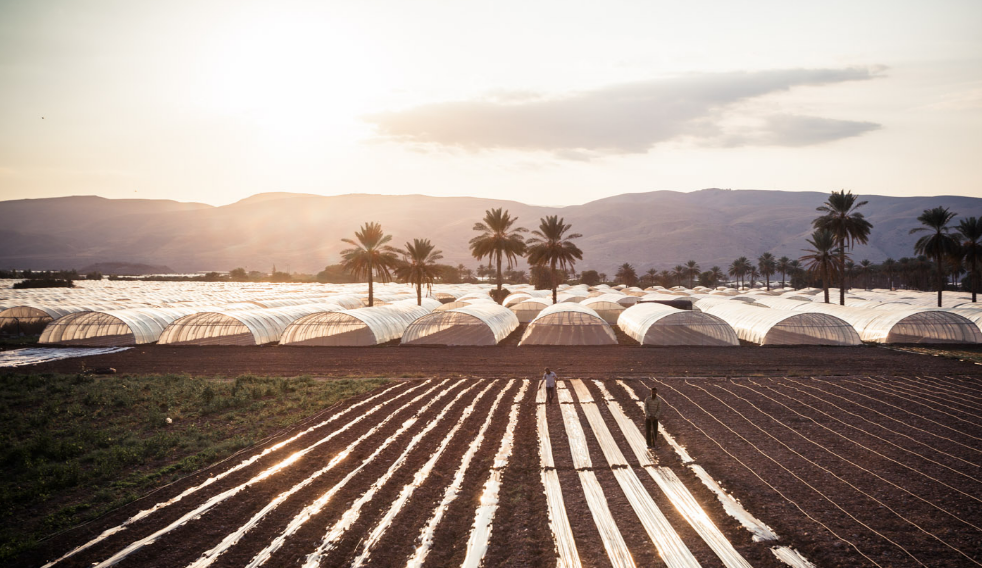Sustainable Agriculture Project
A Solution for Agricultural Challenges

Overview
Conventional agriculture, while essential for food production, often has a detrimental impact on the environment. Excessive water consumption, pesticide use, and chemical fertilizers can deplete natural resources and harm ecosystems. To address these challenges, transitioning to more sustainable agricultural practices is crucial.
Many agricultural regions worldwide face similar environmental pressures. For example, the Jordan Valley, renowned for its fertile lands, has experienced unsustainable resource consumption due to traditional farming methods.
Adopting sustainable agriculture practices can help mitigate these environmental issues and ensure a more resilient and productive agricultural sector. Sustainable agriculture can contribute to a healthier planet and a more prosperous future for farmers and communities by optimizing resource use, reducing reliance on harmful chemicals, and promoting biodiversity.
Our sustainable agriculture project aims to revolutionize agricultural practices in the Jordan Valley by:
- Optimizing water usage: Implementing innovative technologies to reduce water consumption by up to 70% compared to conventional methods.
- Enhancing productivity: Increasing crop yields and improving product quality through sustainable practices.
- Creating economic opportunities: Generating new jobs and promoting economic growth in the local community.
- Promoting social cohesion: Reducing child labor and empowering local communities through education and employment opportunities.
- Enhancing food security: Contributing to Jordan’s food security by adopting sustainable and resilient agricultural practices.
- Fostering agro-ecotourism: Attracting visitors to experience the beauty of the Jordan Valley and learn about sustainable agriculture.
Key project objectives:
- Pioneering innovation: Adopting cutting-edge technologies in greenhouse and sustainable agriculture.
- Achieving profitability: Generating economic returns through increased productivity and access to premium markets.
- Protecting the environment: Conserving water resources and minimizing the use of harmful chemicals.
- Empowering communities: Creating jobs, reducing child labor, and promoting social cohesion.
- Ensuring food security: Contributing to Jordan’s food self-sufficiency and resilience.
